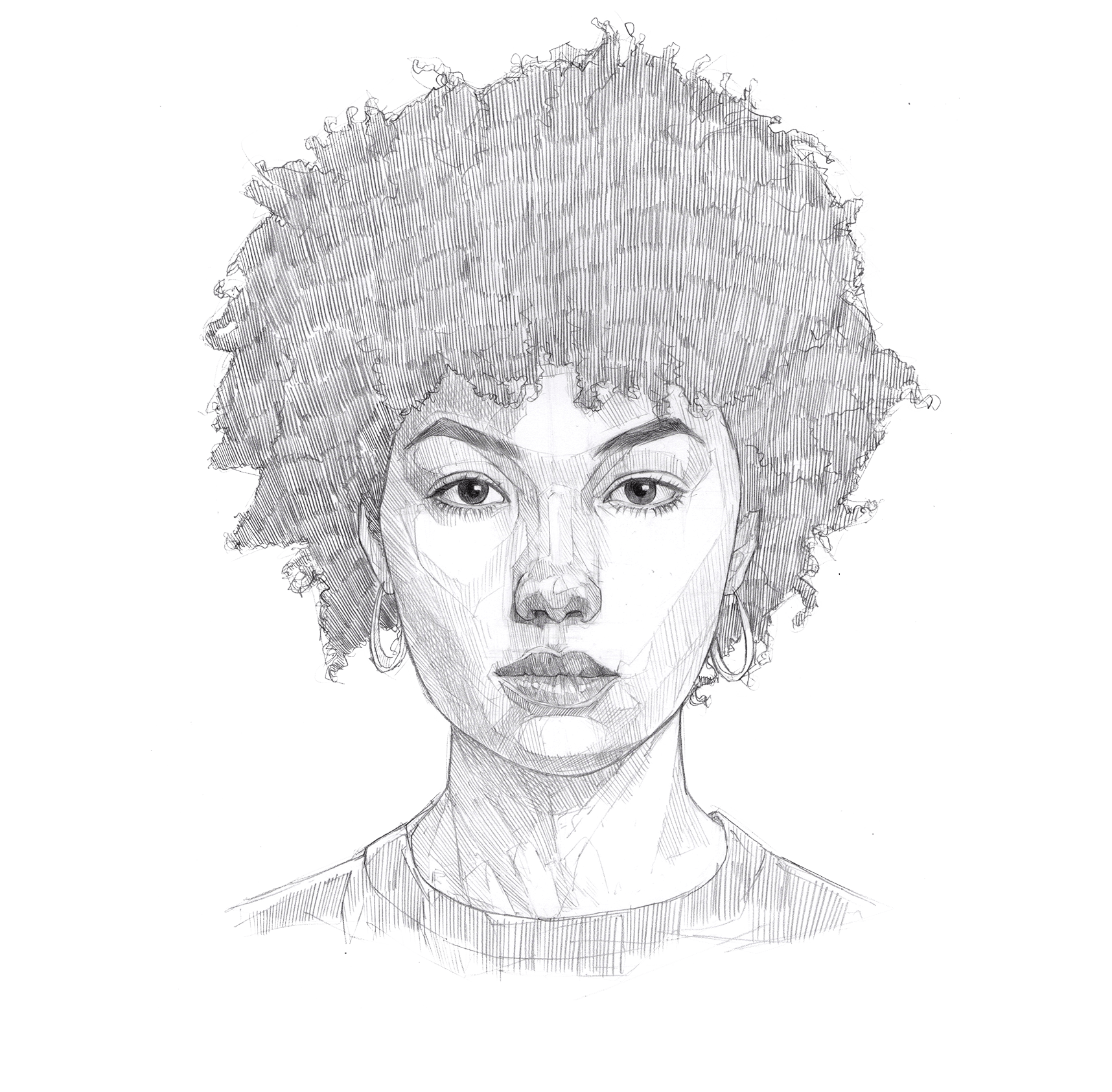SMU
I think something that I would advise is to make the policy more reachable, the whole topic itself, because it’s not the same- for example, imagine that you are in a situation and you are…
Are there any reviews from someone that has used this policy so we can hear their experience? Because it is always good to know from another persons experience.
My advice for them [university staff who work with SV/SA policies] would be to really do their research about our culture, that is, from Latin America, so they won’t make accusations or assumptions and stereotypes,…
The policy is very relevant, because it has been shown that the university, mostly during the first two years, is where/when a lot of people go through sexual violence. […] So, I feel like it…
My advice regarding security staff is that they should be more helpful. In my experience, there’s one time I went with them for a problem that I had on campus, and at the beginning they…
Like the other girl said, it needs to be shared; and it needs to reach more people to prevent further violence, to better support survivors, and to heal and recover. It is nice that it…
The thing that I just noticed is the International Centre does not mention anything of this policy and it’s obvious that minority groups, which is basically international students, are the ones experiencing higher risks of…
I know some people are aware. Like, for example, here in Canada, we are taught and we can read about it [the policy], but since we are such an international community and we all have…
My question is, is there any support after all this has already happened? Let’s say, I suffered a sexual assault, I speak up and all this stuff, but do I have support after all that?…
Participant 1: Yeah, people may say that this is taboo, but it is not really a taboo, because everybody can experience it, like, females, males – any type of person, you know? Facilitator: […] even…

